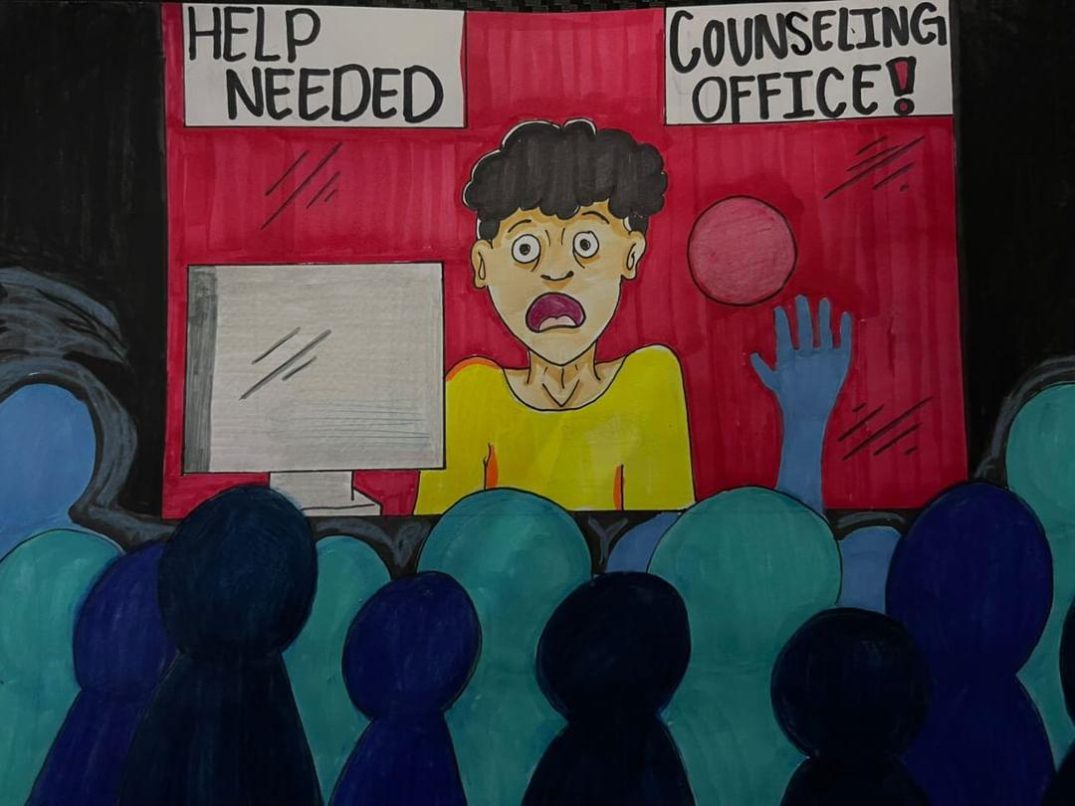reaching ones goals is a frightening one.
No one wants to be remembered as the person that never accomplished or completed anything.
The concept of creating a bucket list has been around a lot longer than the movie of the same name, but the principle of it remains the same.
Create a list of tasks to complete before leaving this earth.
What does that mean, exactly?
Should people only consider reaching goals in relation to death, or should accomplishing goals be part of a greater plan to live a rich and fulfilling life?
Everyone has dreams.
There are people who want to climb Mount Everest, people who want to ski in the Alps, people who want to travel the world, and people who want to learn to cook French cuisine.
These are all worthwhile dreams to have, but what is a dream really, other than a goal that has not been given a definitive deadline?
There is an old cliché that says, “Live every day as if it were your last.”
As cliché as it might be, the truth of it is hard to deny.
Each day of life should be taken as a gift, and each gift of life should be used to the fullest extent.
If there is a race to the end, then by all means get there by hitting every single milestone possible.
A bucket list in theory is a list of things a person wants to do that they may consider to be otherwise impossible.
Why be set up for failure?
Establish a concrete list of goals to complete that is achievable and attainable.
No one has ever told the story of the person who only accomplished one thing on a so-called bucket list.
Rather, people are remembered for the sum total of their accomplishments.
This means that in order to live a life worth remembering, it is worth analyzing and understanding what the individual considers to be valuable in life, and setting goals around that, instead of configuring a list based on lofty ideals considered to be great by the masses.
A life lived to please others is not a life well-lived, and if the only reasons items are on a bucket list is so that they are impressive upon one’s death, then that is indeed a sad state of affairs.
Steven R. Covey introduces the concept of roles and goals in his book “The 7 Habits of Highly Effective People.”
Each person is encouraged to compile a list of the roles that they play in their individual lives.
These roles can be as simple as parent, student, wife, husband or teacher.
For each role on the list, consideration is given to what that particular role entails.
As a parent, it may be important to be a good influence to one’s children.
As a wife, the important part of the role may be to be as loving as possible.
As a husband, the importance may be to be a good provider.
No matter what roles go on the list, look at each one and define what goes into making that role the best representation possible.
Having done that, set goals, both big and small, that will help shape the definition of the role into a reality that can be achieved.
Now, go out and achieve.
It doesn’t matter if the list of goals is 1 or 100 pages long.
What is important is creating a life balance that allows those goals to be achieved.
Do not take them for granted; this is in fact a life plan that will help lead a goal-oriented existence.
This is not about creating an arbitrary “to do” list that will never get done.
This is about inventing a life worth living, one that encompasses every facet of a person’s being.
When the bucket is eventually kicked, the number of items checked off match the desired life plan.






